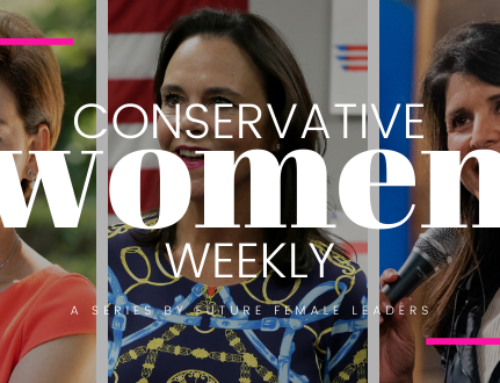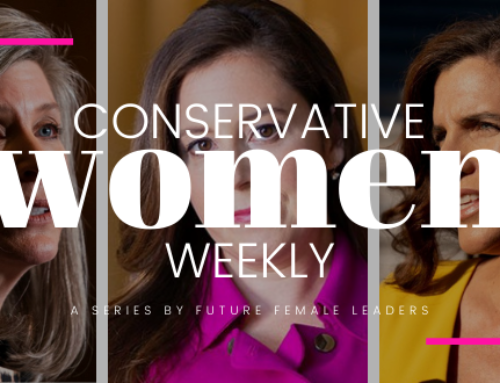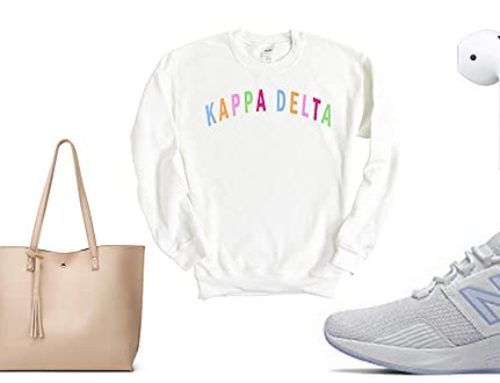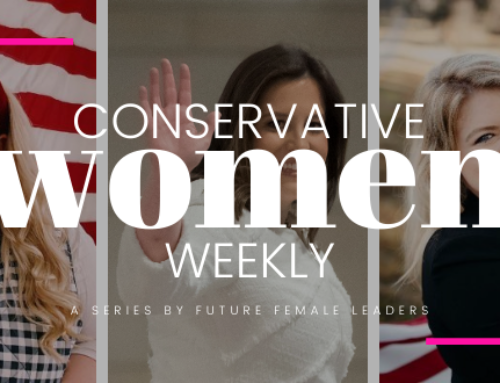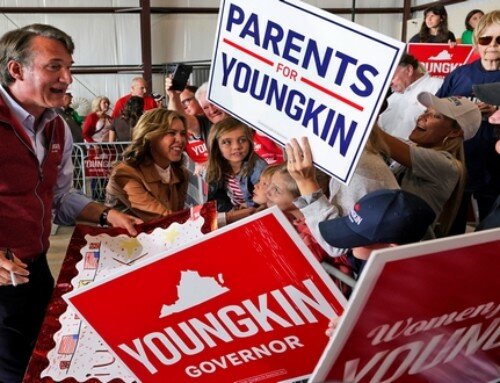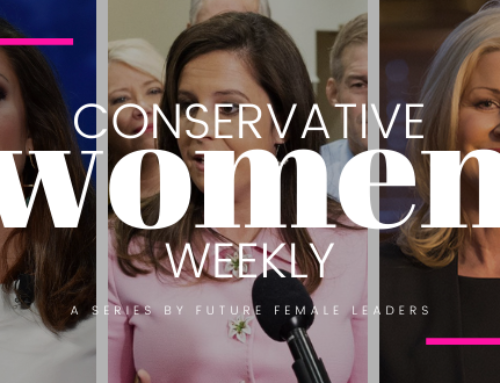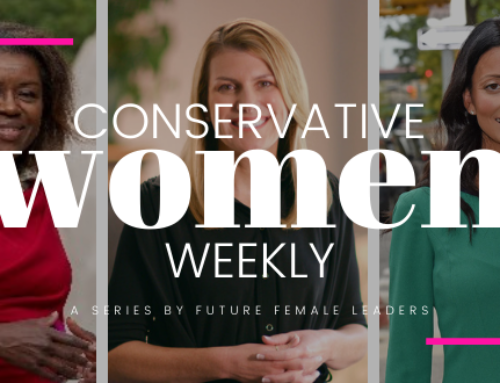We’ve all heard the horror stories of liberal college campuses attacking free speech, instituting free speech zones, banning speakers or groups, and more. This phenomenon isn’t new, unfortunately, but it’s getting a lot more attention nowadays.
FIRE, the Foundation for Individual Rights in Education, is one of the leading organizations in tracking free speech violations on campuses, helping students fight for their rights in these situations, and showcasing these cases for the rest of the world to see.
Let’s break down what their annual report on free speech on campus found. They looked at 55 of the biggest, best-known colleges in the US.
These are the best colleges for free speech:
-
University of Chicago
-
Kansas State University
-
Texas A&M University
-
University of California, Los Angeles
-
Arizona State University
On the opposite end of the stick, these are the worst colleges for free speech.
-
Syracuse University
-
Dartmouth College
-
Louisiana State University
-
University of Texas
-
DePauw University
You can view the full rankings here–how did your alma mater rank? Mine was #12.
Per FIRE, “The 2020 College Free Speech Rankings take into account the varied dimensions of free expression on campus — from the ability to discuss challenging topics like race, gender dynamics, and geo-political conflicts, to whether students hold back from openly sharing their views. The rankings are designed to help students and parents make enrollment decisions based on a range of factors including openness, tolerance, self-expression, administrative support for free speech, and campus policies. The rankings capture and score, on a scale from 0-100, the overall speech climate, as well as the distinct experiences of conservative and liberal students.”
Most troubling to me is how students–not administrators, students–felt about letting opposing viewpoints (even mainstream ones!) be heard on campus.
From FIRE, “Students reported an alarming willingness to shut down certain speakers: 87% of students reported that Vermont Sen. Bernie Sanders should be allowed to share his views on campus. Only 69% said the same for President Donald Trump and 78% for former Vice President Joe Biden. Students identifying as Republican or Independent were more tolerant of speakers than Democratic students: 71% of strong Republicans support Biden coming to campus, compared to 49% of strong Democrats reporting the same for Trump. “
Here are some other startling findings from the report:
-
“Almost 1 in 5 Ivy League students find it “always” or “sometimes” acceptable to block other students from entering a campus event, compared to roughly 1 in 10 of non-Ivy students”
-
“Just 15% of students reported feeling very comfortable publicly disagreeing with a professor about a controversial topic. Only 11% of female students reported this, compared to 19% of male students.”
-
“Female students reported less tolerance for speakers than male students.”



